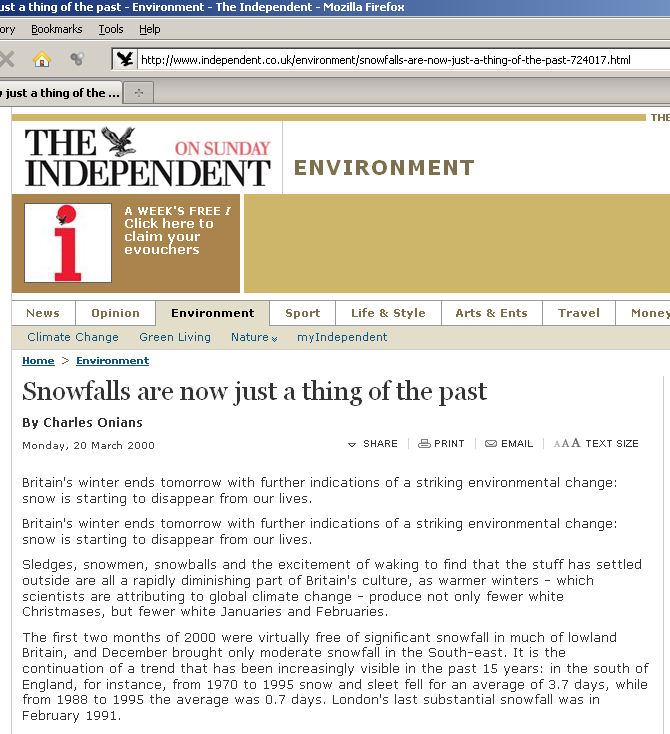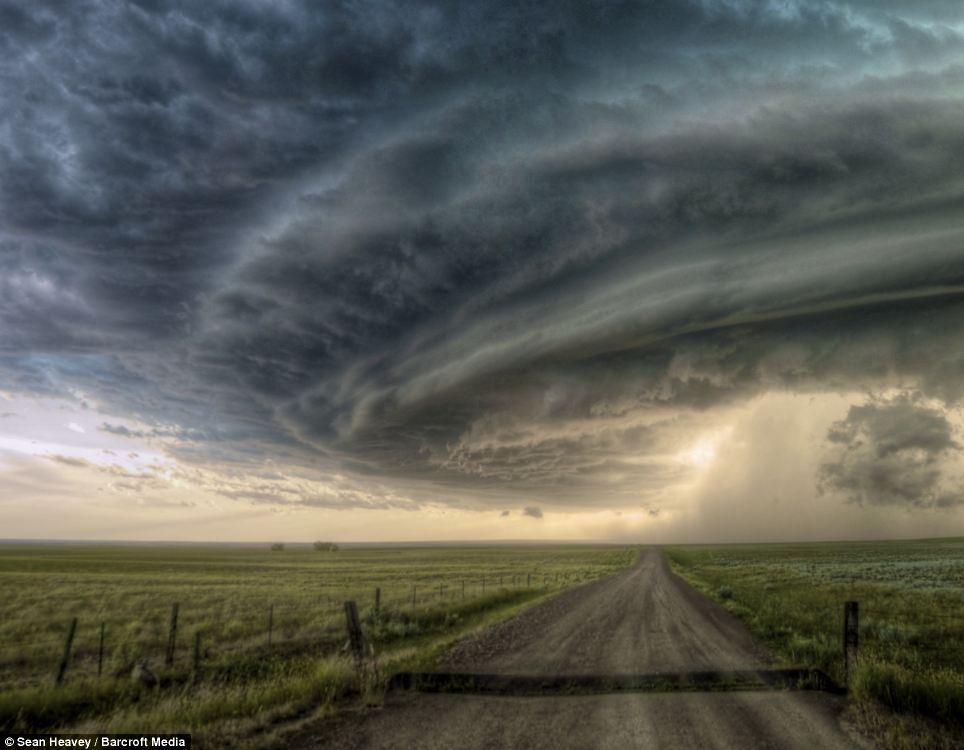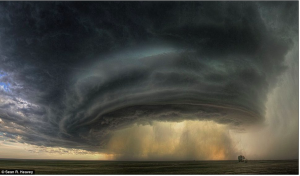
In May of 1606, the first American settlers arrived in Jamestown.
What they found when they came to the Virginia Tidewater Region (which is where these original 104 set up their colony) was a breathtakingly fertile chunk of land. And so it was that these first American settlers discovered more resources than they could at first believe: oceans teeming with seafood, the woodlands swarming with birds, inexhaustible game, a soil that grew everything.
Yet within half a year only 38 of the original 104 settlers were still alive, the rest having succumbed to famine.
Not two years later, 500 more people were sent to refresh the devastated settlers.
Within half a year, the majority of these new arrivals — 440, to be precise — had died of starvation or disease.
Cannibalism was not uncommon.
The resources were still as plentiful and rich as ever before — hardly tapped, in fact — and so what went wrong?
This is an extraordinary period in America’s history, and as it happens, it provides us with a real-life illustration of agrarian collectivism-versus-private-property in action.
You can read more about it in Tom Bethell’s excellent book: The Noblest Triumph: Property and Prosperity Through the Ages.
You see, the original American settlers had intentionally adopted a socialist policy: specifically, communal ownership of property. As a direct result, most of these people starved to death, or were killed off by disease — the very same problem, it turns out, that has been occurring steadily three centuries later in every country that’s collectivized its economy, particularly its agriculture.
As one early Jamestown eyewitness, a man by the name of George Percy, described it (in his antiquated English):
“[The cause of] famine was want of providence, industrie … and not the barennesse and defect of the Countri, as is generally supposed” (Warren M. Billings, George Percy’s Account of the Voyage to Virginia and the Colony’s First Days).
But how could this possibly have been? How could people such as this have “lacked industrie” when many of these people were specifically chosen for having the exact opposite character?
The answer to this question is not particularly difficulty to fathom. On the contrary, the answer is deceptively simple: the people of Jamestown had no financial stake in their endeavors. Indeed, they were little more than indentured servants. Thus everything they produced went into a public pool. Working harder and longer, therefore, did not benefit any one person any more than another. And so these people responded exactly as humans always will in such a situation: they simply didn’t work harder — any of them.
In his book, Mr. Bethel notes what some few insightful economists have been saying for a long time: lack of work and “industrie” go hand-in-hand with lack of property rights.
Or as Philip Alexander Bruce said, in an article about these very Jamestown settlers:
“[They] did not have even a modified interest in the soil … Everything produced by them went into the [public] store, in which they had no ownership.”
Thus, all grew idle and most, in the end, refused to work at all.
“The absence of property rights – and of the work-reward nexus that such rights create – completely destroyed the work ethic of the settlers” (Thomas Dilorenzo, How Capitalism Saved America).
Frustrated, flummoxed, flailing, the British government, which had financed the colonization, sent in 1611 a man named Sir Thomas Dale to serve as “High Marshal of the Virginian Colony.” Listen closely to what Mr. Dale observed; it is astounding and yet perfectly predictable:
“Dale noted that although most of the settlers had starved to death, the remaining ones were spending much of their time playing games in the streets, and he immediately identified the problem: the system of communal ownership” (Ibid).
It was then that the High Marshal Sir Thomas Dale gave every man three acres of land for each to own unto himself. He simultaneously did away with pooling into a communal treasury. Private property, in other words, was officially enacted and public ownership abolished.
Immediately the colony began to prosper.
The notorious “free-rider problem,” endemic to socialism of every strain, vanished as each person became his own master – as each person bore the full brunt of inaction and non-productivity. At the same time, every person had incentive to work harder since harder work meant greater prosperity and a direct benefit to each from that labor.
One of the fundamental flaws of socialism of every stripe is that it assumes that people will work just as hard or harder for others as they will work for themselves. This is untrue. It’s untrue because it is contrary not only to human nature but also to the nature of life. Jamestown shows us a historical illustration of this writ large.
“As soon as the settlers were thrown upon their own resources,” says historian Mathew Anderson, “and each freeman had acquired the right of owning property, the colonists quickly developed what became the distinguishing characteristic of Americans — and aptitude for all kinds of craftsmanship coupled with an innate genius for experimentation and invention” (The Old Dominion, Vol. 1, University of Virginia).
Other propitious things began to happen as well.
“The Jamestown colonists had originally implored the Indians to sell them corn, but the Indians looked down on the settlers because [the settlers] were barely capable of growing corn, thanks to their communistic economics. After the introduction of private property and the resulting transformation, however, the Indians began coming to the colonists to acquire corn in return for furs and other items” (Ibid).
Thus began a friendly system of free-trade.
The division of labor — an absolutely indispensable component of private property, which promotes specialization of labor, insofar as each is no longer forced to produce all his own food since he can now trade specialty items for specialty products others produce — was instantly born. In addition to this explosion of prosperity, there was also greater peace:
It made no sense now for either side — Indians or settlers — to war with the other, because free-trade was advantageous to each. Whereas, prior to Sir Thomas Dale’s instituting of private property, the settlers used “to steal from the Indians,” and even “beg from them,” a fact which the Indians quite naturally resented.
In Jamestown, the institution of private property changed all this.
But there’s more to the story, much more.
Not many years later, in November of 1620, another group of American settlers — 101 of them, to be exact, this group not financed by the British government — arrived on the good ship Mayflower, in Cape Cod, Massachusetts.
These Pilgrims, as they were called, moved a short distance away to a place named Plymouth. They were not at all unaware of the early Jamestown disaster, the starvation, the disease, the famine; they were, however, unaware of what had caused it.
Accordingly, they proceeded to make the identical mistake that the settlers of Jamestown had made: namely, collective ownership of land.
And the Pilgrims too paid dearly for it.
Within a few short months, half were dead.
Over the course of the next three years, 100 more settlers arrived from England to Plymouth, all of whom were barely able to feed themselves. As Plymouth Colony Governor William Bradford wrote in his famous Of Plymouth Plantation:
“Many [settlers] sold away their clothes and bed coverings [to the Indians]; others (so base were they) became servants of the Indians … and fetch them water for a capful of corn; others fell to plain stealing, both day and night, from the Indians…. In the end, they came to that misery that some starved to and died with cold and hunger. One in gathering shellfish was so weak as he stuck fast in the mud and was found dead in the place.”
But this same William Bradford would soon solve “the ruin and dissolution of his colony,” and he would do it in the exact same way Sir Thomas Dale had saved Jamestown.
Here’s another famous passage from William Bradford’s book:
“After much debate of things … [it was decided that the Pilgrims] should set corn every man for his own particular, and in that regard trust to themselves … And so assigned to every family a parcel of land, for present use. This had very good success, for it made all hands very industrious, so as much more corn was planted than otherwise would have been by any means the Governor or any other could use, and saved him a great deal of trouble, and gave far better content. The women now went willingly into the field, and took their little ones with them to set corn; which before would allege weakness and inability; whom to have compelled would have been thought great tyranny and oppression.”
Bradford came to fully grasp how lack of property rights negates and indeed destroys the work incentive:
“For [men] and men’s wives,” he said, “to be commanded to do service for other men, as dressing their meat, washing their clothe, etc., they deemed it a kind of slavery, neither could many husband brook it” (Ibid).
“Common course” was abandoned in favor of setting “every man for his own particular,” meaning private property. Instantaneously, those who had been indolent became “very industrious,” so much so that woman and men who had “previously pleaded frailty worked long and hard – once they saw how they and their families could benefit from such hard work.”
William Bradford went on to correctly identify the source of the “disastrous problem” as “that conceit of Plato’s,” who, in direct contrast to Aristotle, advocated collectivism and collective ownership of land, which, as history has repeatedly proven, is pure poison to any society that implements it. Bradford even wrote later that those who mistakenly believed that communal property could make people “happy and flourishing” imagined themselves “wiser than God.”
Next time you hear Barack Obama, or Nancy Pelosi, or Noam Chomsky, or Howard Zinn, or any of the other Neo-Marxists propounding that “some” property should be “collectivized,” remember America’s real history.
Remember also how collectivization obliterates the work incentive, the survival instinct, and human industry.
Remember the real-life history of early America and the total failure of collectivization, which is actually a failure of lunacy.
Remember that not once in the history of the world has a communistic system ever flourished.
Remember that our lives, each and every one of us, are absolutely and inalienably our own, and by direct extension that means our property is absolutely and inalienably our own. Nobody may rightfully take any of that property from you without your permission, not for any reason, not in any amount, not even for the so-called “common good.”
Remember also that being compelled to serve the collective is a slow painful death to each member of that “collective.”
Finally, remember this:
“The Pilgrims had encountered what is called the free-rider problem, which is difficult to solve without dividing property into individual or family-sized units. And this is the course of action that William Bradford wisely took” (Tom Bethell, The Noblest Triumph).
Wisely because it set the trend for all that would make America what she would eventually become: a land of independence, industriousness, ingenuity, experimentation, invention, genius, and greatness.
Freedom and its economic corollary, capitalism, saved us in the beginning.











